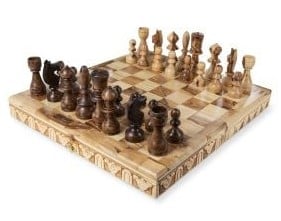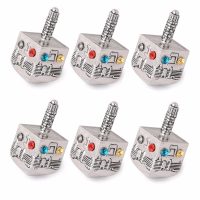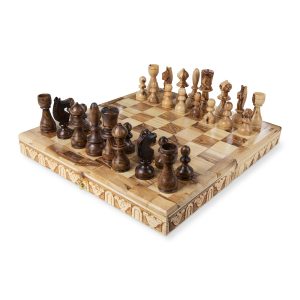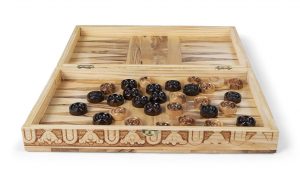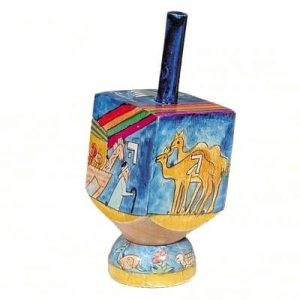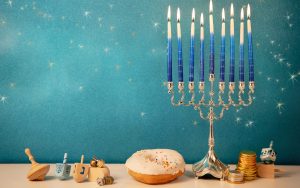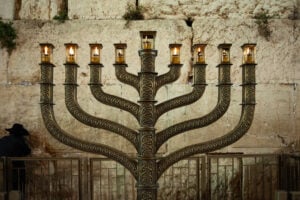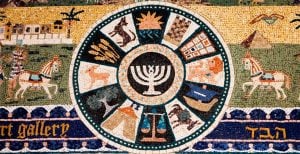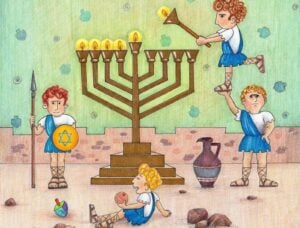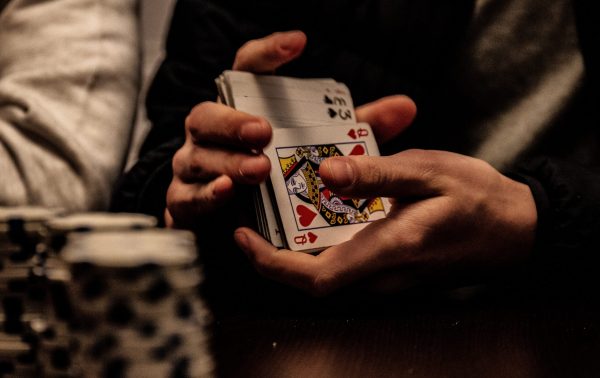
Learn all about Nittel Nacht, the Ashkenazi Jewish tradition of games and gambling throughout the night before Christmas
Did you know many Jews in Europe had special traditions for the night before Christmas?
Called “Nittel Nacht” in Yiddish, it was a significant date on the calendar and is still a custom observed by some today. Learn about the hows and whys, and what it involves.

Origins of Nittel Nacht
Ashkenazi Jewish communities in certain parts of Europe had special customs associated with the Christian date of Christmas Eve going back to at least the late 16th century. Later, in the 17th century, a Yiddish name emerged: Nittel for Christmas, and Nittel Nacht for the night before, Christmas Eve. Since the Eastern Orthodox and Catholic Churches use a different calendar, Jewish communities based their Nittel Nacht on whenever their local Christian community observed Christmas Eve.
Customs
The most common practices surrounding Nittel Nacht involved gambling and playing games late into the night: board games like chess or checkers, card games, and various forms of dreidel. Many rabbis banned Torah study on this day, and instead permitted the vices of gambling and card playing which they normally frowned upon.
Chess was always a particularly popular favorite, and still remains a common association with Christmas Eve in certain Jewish circles today.
Bring the Nittel Nacht tradition of board games to your own family, with a beautifully carved olive wood game set from the Land of Israel featuring chess, checkers, and backgammon.
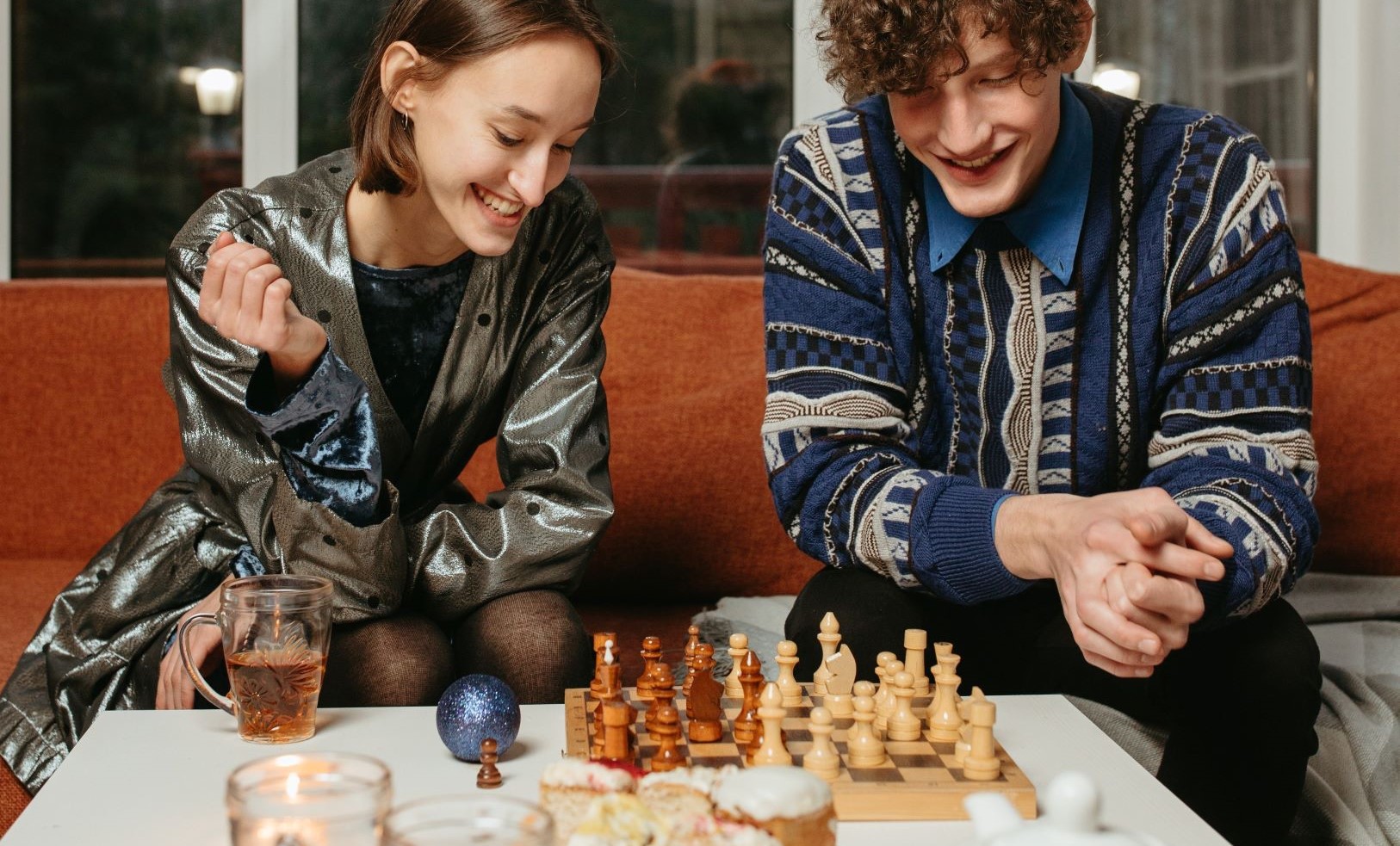
Why games?
Since Medieval times, Jews in European communities were often forbidden from appearing in public during the Christmas holiday season, and Christmas Eve in particular was a common night for Christian pogroms and violence against Jews. Rabbis and communal leaders closed down yeshivot, synagogues, and mikvaot out of safety concerns. Hence, the custom of gathering in homes and staying up late to play games emerged; Jews had to stay indoors, but at the same time wanted to stay up and be vigilant against potential trouble.
Superstitious Jews were also afraid of their religious study or activities bringing Divine merit to Christians or to Jesus’s soul on his birthday. Others noted the suffering that the creation of Christianity has historically brought upon the Jews, and therefore saw its most important holiday as a mournful occasion and wished to refrain from activities that brought them joy, such as Torah study.
Check out our collection of beautifully illustrated books on Jewish history from the Israel Museum, Koren Jerusalem, and other acclaimed Israeli publishers.

Nittel Nacht today
Since Jewish-Christian relations are much better today, most Jews neither fear Christian violence on Christmas Eve nor mourn the creation of Christianity or its holidays. Thus, Nittel Nacht is much less widely observed these days.
Some Hasidic communities still ban Torah study and shut down their yeshivot on Christmas Eve, spending the day on mundane activities like chores or secular games like chess. There are others who continue the gaming tradition simply for fun, or use the day off work on December 25th as an opportunity to stay up late the night before with friends.
Whatever your personal tradition is for today’s modern, happier circumstances, December 24th is a great night to get together with other Jewish friends and do something fun, especially if you have nothing to do the next day. And, you’ll be following a long Jewish history of marking the unavoidable non-Jewish holiday around us in whatever way feels most appropriate.

Loved this article? For other secular Jewish practices and traditions for non-Jewish holidays, check out these posts:
From Hanukkah to Nittel Nacht and beyond, dreidel games are synonymous with winter in the Jewish tradition. Stock up on beautifully made dreidels from Israel, and browse our options for every style and budget.
